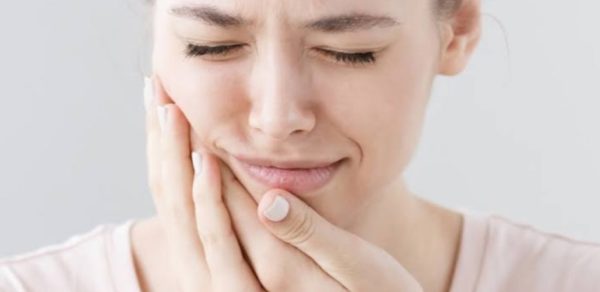Some Facts about Green Tea
Green tea is made from the tea plant known as Camellia Sinensis. Green tea is known to provide many health benefits such as it contains multiple nutrients and antioxidants. It accelerated weight loss, blood pressure benefits, and cancer prevention. Green tea contains an amino acid known as L-theanine, which helps to regulate blood sugar levels.
Drinking green tea helps to eliminate free radicals that may cause oxidative stress. Long-term green tea consumption is linked with a lower risk of certain types of cancer including prostate cancer. Green tea is considered an alternative to coffee for people who are trying to reduce their caffeine intake.
Green Tea Side Effects
While drinking green tea keep in mind there are a few side effects as well if not consumed in moderate amounts. Drinking too much green tea has side effects. Here is a list of the adverse effects you want to be wary about.
1. Sleeping Problem
Green tea contains a caffeine compound that can create problems for sleeping. Even if it contains only small amounts of caffeine, but may still cause problems sleeping for people sensitive to caffeine. All this is due to the chemical compounds in green tea that prevent the release of hormones such as melatonin, which aids in sleep.
2. Stomach Problem
Green tea may cause stomach irritation if brewed too strongly or it is consumed empty stomach. It has tannins that can increase the amount of acid in the stomach. If green tea is consumed in large amounts it may cause diarrhea. Excess acid can lead to digestive issues such as acid reflux, nausea, and constipation. If you suffer from irritable bowel syndrome, avoid green tea.
3. Vomiting
Excessive green tea consumption may also lead to nausea and vomiting. This is due to the presence of tannins in green tea that have been linked to nausea and constipation because of the way proteins bind in the intestines. Thus, the amount of green tea you can drink in a day should be moderate.
4. Headache
Some people might suffer from headaches after consuming green tea as it contains caffeine. An excess of caffeine may trigger headaches. An individual who suffers from migraines can consume green tea occasionally. If you have caffeine sensitivity, avoid drinking green tea.
5. Bleeding Disorder
This disorder is triggered in rare cases. Caffeine and vitamin K in green tea has anti-clotting properties. This compound in green tea decrease levels of fibrinogen, a protein that helps clot blood. Green tea also prevents the oxidation of fatty acids, which can lead to thinner blood consistency. Avoid drinking green tea if you suffer from a blood clotting disorder.
6. Impacts on Bone Strength
Flavonoids are essential for bone growth. Caffeine in green tea inhibits the absorption of calcium which results in low calcium levels in the bone. As calcium is the central element for bone health. Calcium deficiency affects bone growth and strength. So make sure to take a calcium supplement to support bone health.
7. Impacts your Teeth
Continuous consumption of green tea might cause stains on the teeth. It can be due to the tannins in green tea may seep into your teeth cells and imparting stains or discoloration. Additionally, the acidic content in it might dissolve the enamel. Staining also causes discoloration of the skin in the mouth.






